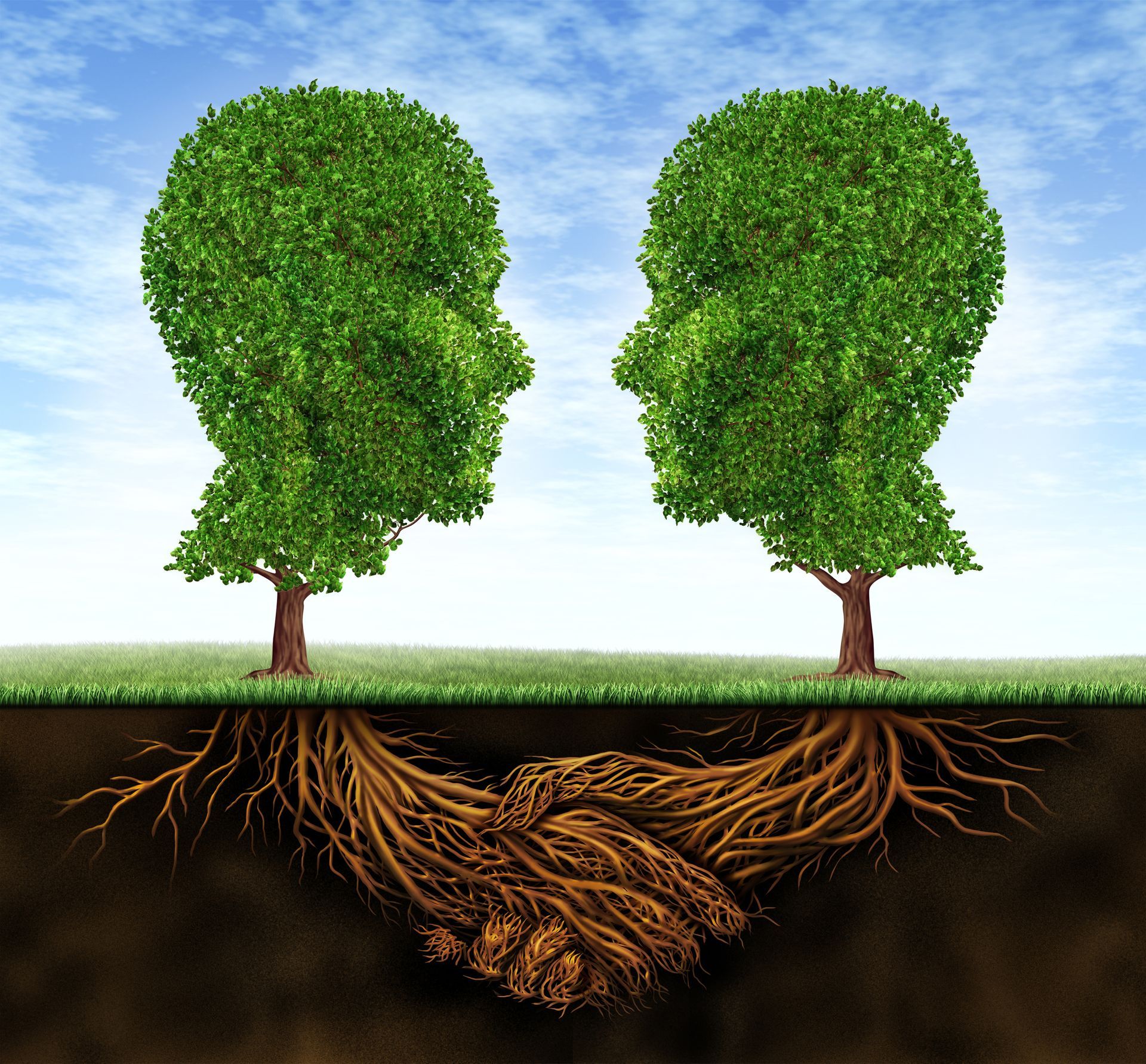Human Resilience Part 1: Root of Organizational Success Today
Organizational Resilience Through Human Resilience

“Resilience” has become a buzzword for the times. You’ve likely heard it enough to surmise that having more is better, but what exactly is it and why does it matter?
While resilience relates to many aspects of business - organizational, economic, logistic, and technological, they are all predicated on the essential one: individual human resilience.
This blog series will address the relationship between chronic stress, organizational success and sustainability, and why strengthening human resilience is the most effective strategy for strengthening individual, organizational, and societal sustainability.
The Impact of Chronic Stress & Burnout
In today’s world of constant change and uncertainty, two things are clear: the daily stress of life is intensifying, and we need healthy ways to condition ourselves to handle it better.
Leadership fatigue and burnout is real. Forty-four percent of the global workforce is chronically stressed or burn-out, with the U.S. and Canada reporting rates of 52%[1]. In that state, our ability to think clearly, solve problems, stay healthy, and get along with each other is significantly obstructed.
If we can’t change circumstances, what can we do to increase our capacity to respond to them better and stay healthy in the process? The answer is to strengthen our capacity to be resilient as leaders and individuals to be collectively resilient as organizations and societies.
When people are chronically stressed or triggered by perceived threat, they are blocked from accessing higher levels of brain function and connection. Why? Because the nervous system automatically shifts the brain and body into the emergency/survival side of the nervous system to keep us safe.
That’s helpful when we truly are in harm’s way. In early human evolution, blood automatically shunted from the brain to the heart, lungs, and legs to escape what could kill us, enabled us to survive as a species.
Today’s New “Normal” Challenges
Our Autonomic Nervous System (“ANS”) is designed to toggle into emergency mode when needed and switch back to the equilibrium side (parasympathetic) when the emergency is over. However, since and post-pandemic, there has been no “over.”
Today’s challenges of life and business such as market or supply chain fluctuations, wars, layoffs or threats of them, political unrest, inflation, and climate concerns have become “normal” daily contentions. No wonder people are chronically stressed and feeling more frustrated, anxious, or withdrawn and are less engaged in what they’re doing.
Inside the organization, being expected to do more with less, poor communication, lack of training or development, feeling disconnected from colleagues or company mission are factors perpetuating chronic stress and burnout. (More on this in Part 2.) These aspects are particularly true for managers. More than 50% of them reporting feeling burnout[2].
Since managers’ roles put them in the pivotal position of either mitigating or exacerbating stress levels, the ripple effect of whether they are burnout or resilient is exponential.
What's critical to understand is this: The qualities demanded of successful leaders and managers today - trust, authenticity, relatability, and the ability to make prudent decisions, are not neurologically accessible when operating from emergency/survival mode. If organizations want to solve the engagement problem, the toxic weed to uproot is chronic stress, and the tree to grow is resilience.
In our next segments, we’ll talk more about the pivotal role of managers, and circuitous relationships between burnout, engagement, retention, resilience, human and organizational health and sustainability.
[1] Gallup.com
Gallup State of the Workplace 2023 Report
[2] Harvard Business Review More Than 50% of Managers Feel Burned Out. May 18, 2023.





